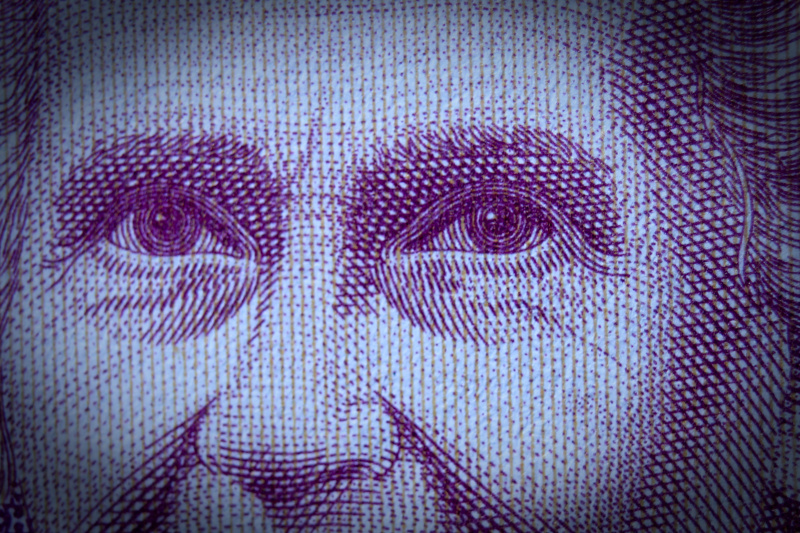
Maria Montessori: A legacy that spans medicine and education
The story of the first Italian woman in medicine and founder of a revolutionary educational method
From university halls to childhood care
Maria Montessori, born on August 31, 1870, in Chiaravalle, Italy, is recognized not only as the first woman in Italy to graduate in medicine from the University of Rome in 1896 but also as a pioneer in education. After graduation, Montessori dedicated herself to psychiatry at the psychiatric clinic of the University of Rome, where she developed a deep interest in the educational problems of children with intellectual disabilities. Between 1899 and 1901, she directed the Orthophrenic School of Rome, achieving remarkable success with the application of her educational methods.
The birth of the Montessori method
In 1907, the opening of the first Children’s House in the San Lorenzo district of Rome marked the official beginning of the Montessori method. This innovative approach, based on faith in the creative potential of children, their drive for learning, and the right of every child to be treated as an individual, quickly spread, leading to the creation of Montessori schools throughout Europe, in India, and in the United States. Montessori spent the next 40 years traveling, lecturing, writing, and establishing teacher training programs, profoundly influencing the field of education globally.
A lasting legacy
In addition to her contributions to education, Montessori’s journey as a physician broke significant barriers for women in Italy and laid the groundwork for future generations of women in medicine and pedagogy. Her educational vision, enriched by her medical background, emphasized the importance of physical health and well-being as the foundation of children’s learning and development.
Towards the future: the impact of the Montessori method today
The Montessori method continues to be applied in many public and private schools worldwide, recognizing the importance of prepared environments, specific educational materials, and the child’s autonomy in learning. Maria Montessori’s legacy remains a source of inspiration for educators, physicians, and anyone who believes in education as a tool for social and personal change.
Sources


